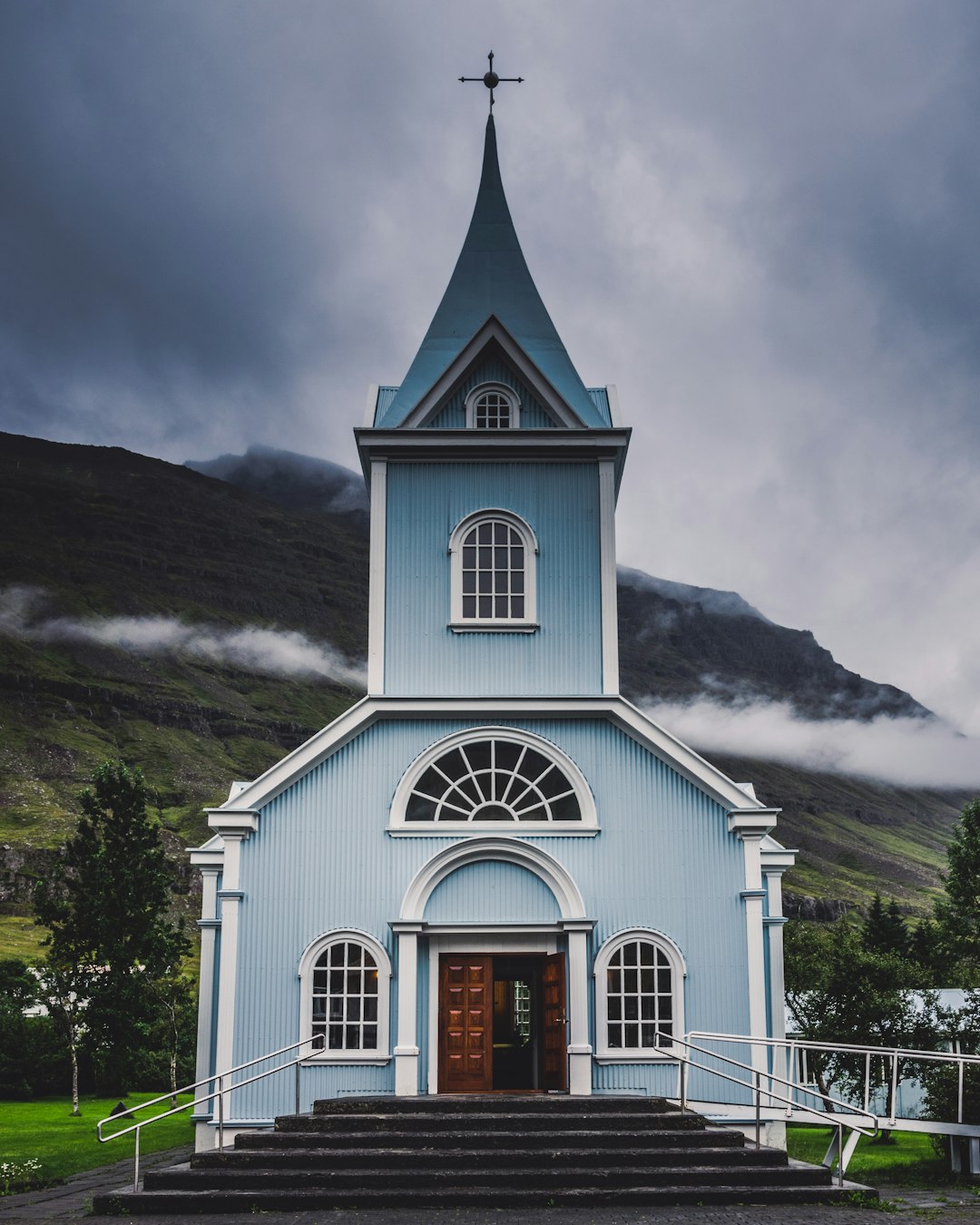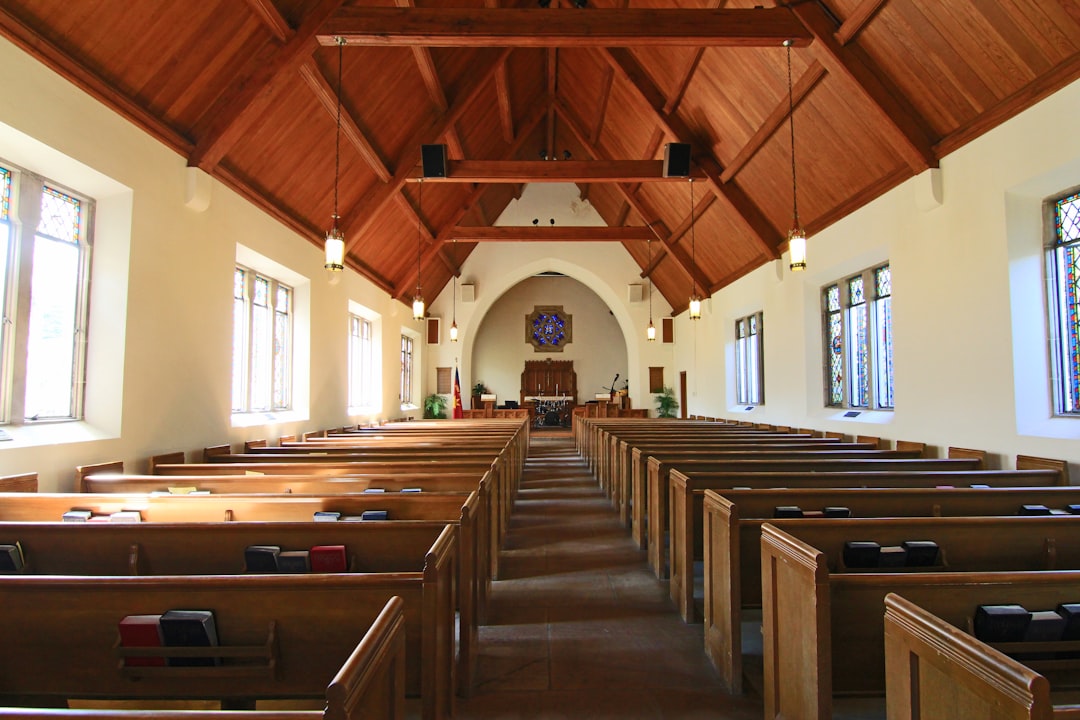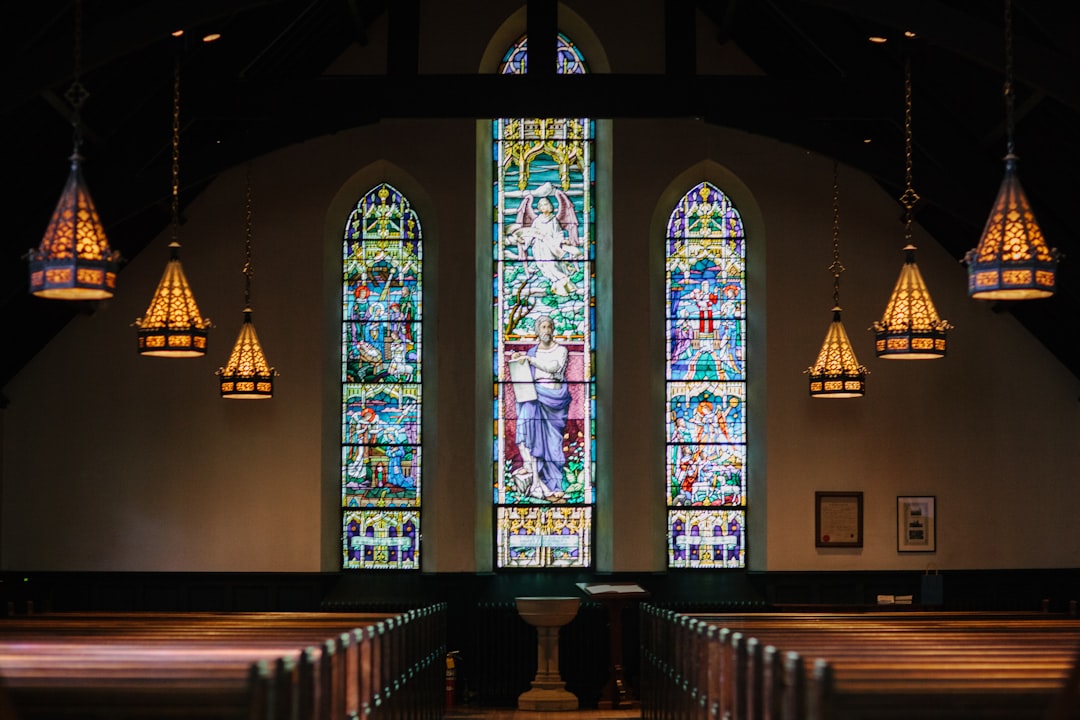Clergy abuse in New York involves power dynamics where religious leaders exploit vulnerable congregants through sexual misconduct or emotional manipulation. Survivors often struggle to recognize and label their experiences due to gaslighting and cultural conditioning. Specialized clergy abuse lawyers in New York offer crucial legal help, ensuring survivors understand their rights under strict statutes of limitations. These professionals collect evidence, pursue legal action for compensation, and provide clear guidance throughout the process, empowering victims to heal and take action against abusers.
In New York, clergy abuse survivors face unique challenges navigating legal paths toward justice. Understanding the complex dynamics and patterns of clerical misconduct is crucial for recognition and recovery. This article equips you with insights into recognizing clergy abuse, outlining the legal rights of survivors, and emphasizing the significance of finding a specialized clergy abuse lawyer in New York to navigate intricate legal processes effectively.
Understanding Clergy Abuse: Recognizing the Patterns

Clergy abuse is a complex and often deeply traumatic experience that can leave victims struggling with emotional, psychological, and physical scars. Understanding the patterns and dynamics of this abuse is crucial for survivors seeking justice and healing in New York or elsewhere. Many instances of clergy abuse involve a position of power and authority misused by individuals in religious leadership roles, often targeting vulnerable individuals within their congregations. This abuse can take various forms, from sexual misconduct to emotional manipulation, and may occur over an extended period.
Recognizing these patterns is the first step towards recovery for survivors. Many victims may struggle to identify or label what happened as abuse due to gaslighting, fear, or cultural conditioning. A clergy abuse lawyer in New York can help survivors navigate their legal options while providing support tailored to their unique experiences. By understanding the specific dynamics of clerical abuse, victims can begin to heal and take appropriate action against their abusers.
The Legal Rights of Survivors: What to Expect

When reaching out to a clergy abuse lawyer in New York, survivors can expect a dedicated professional who will guide them through the legal process with compassion and expertise. The first step is understanding your rights as a survivor. In New York, there are strict statutes of limitations for filing lawsuits related to sexual abuse, so prompt action is crucial. A qualified lawyer will assess the case, gather evidence, and determine the best course of legal action against the responsible parties, which could include the abuser, the institution, or both.
Survivors’ legal rights encompass various aspects, including the right to seek compensation for physical and emotional injuries, as well as any financial losses incurred due to the abuse. A clergy abuse lawyer will help navigate the legal system, ensuring that survivors receive fair treatment and just outcomes. They will explain the entire process, from initial consultations to trial or settlement negotiations, providing a safe space for questions and addressing concerns with sensitivity.
Navigating Justice: Finding a Specialist Lawyer in New York

Navigating justice after experiencing clergy abuse can be challenging, especially in a complex legal system like New York’s. Survivors often require specialized support to understand their rights and options. This is where a dedicated clergy abuse lawyer in New York comes into play. With expertise in this specific area of law, these professionals guide clients through the intricate process of seeking compensation and closure.
In New York, finding a qualified lawyer specializing in clergy abuse cases is essential. Survivors should look for attorneys with extensive experience handling similar cases, a deep understanding of state laws, and a proven track record of success. Many law firms now offer specialized services tailored to victims of sexual misconduct within religious institutions, ensuring they receive the compassion and expertise they need during this difficult time.





